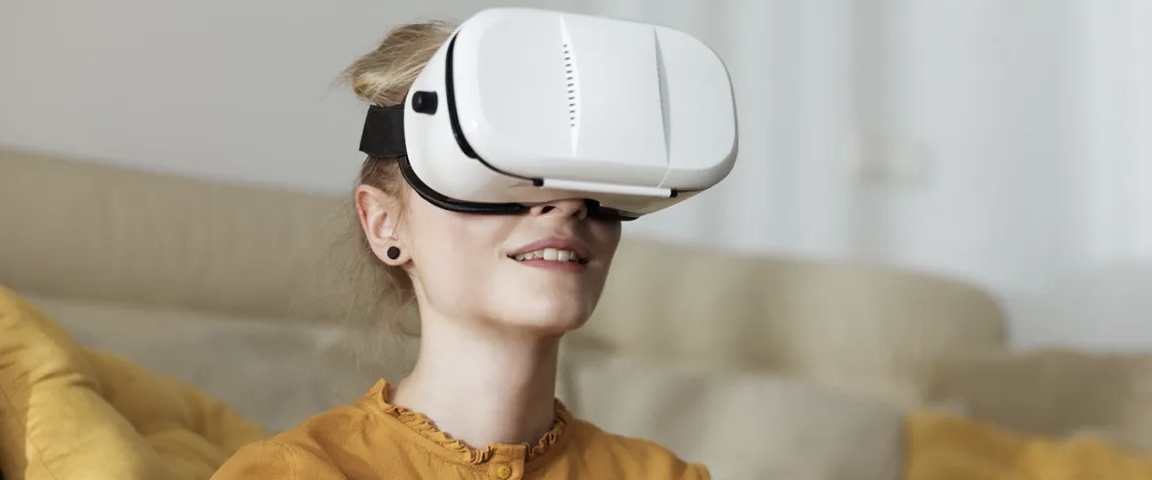MindSpaces
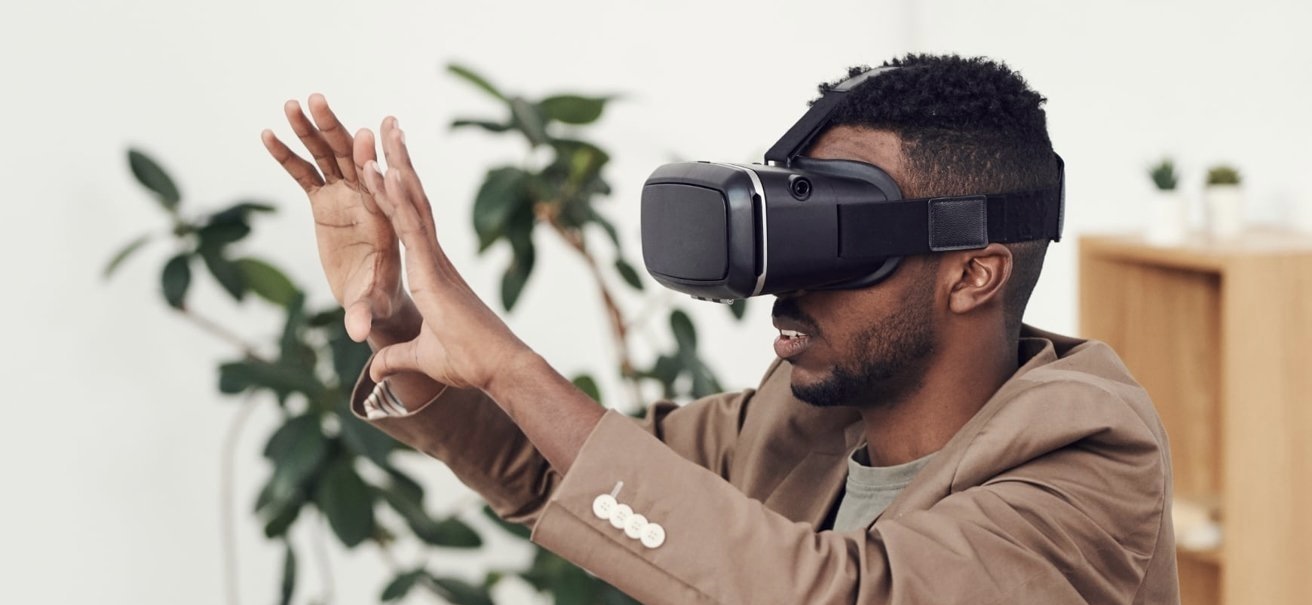
MindSpaces aims to generate dynamic virtual reality environments that can adapt to the emotional response of the user. The realisation of the project aspires to develop a novel approach to urban and architectural design and to help design emotionally-relevant urban spaces.
MindSpaces is an EU-funded project.
The creation of these emotion-adaptive environments lets MindSpaces design indoor and outdoor ambiences around the individual to ensure their well-being. In order to do so, it is essential to capture the user’s neuro-feedback when exposed to a specific environment and to make sure that the latter adapts to the former. The data are collected by psychological sensors (such as mobile EEG headphones, wearable bracelets and watches) linked to VR headsets that expose the two different kinds of users to a determined scenario:
- Artists and creatives: their neuro-feedbacks give the foundations to improve the space’s emotional relevance and beauty.
- Potential occupants: their responses determine whether the ambience's usability, comfort and functionality meet their needs.
Combining these two different perceptions, the artists’ empirical and the users’ pragmatical encourages the development of unexpected and unconventional solutions.
The central concept and flow of MindSpaces are represented in the picture below: architects and artists will design an original 3D environment, which will be integrated artistically into AR/VR environments and adapted to the different users’ neuro-feedback. This cycle will lead to the final design.
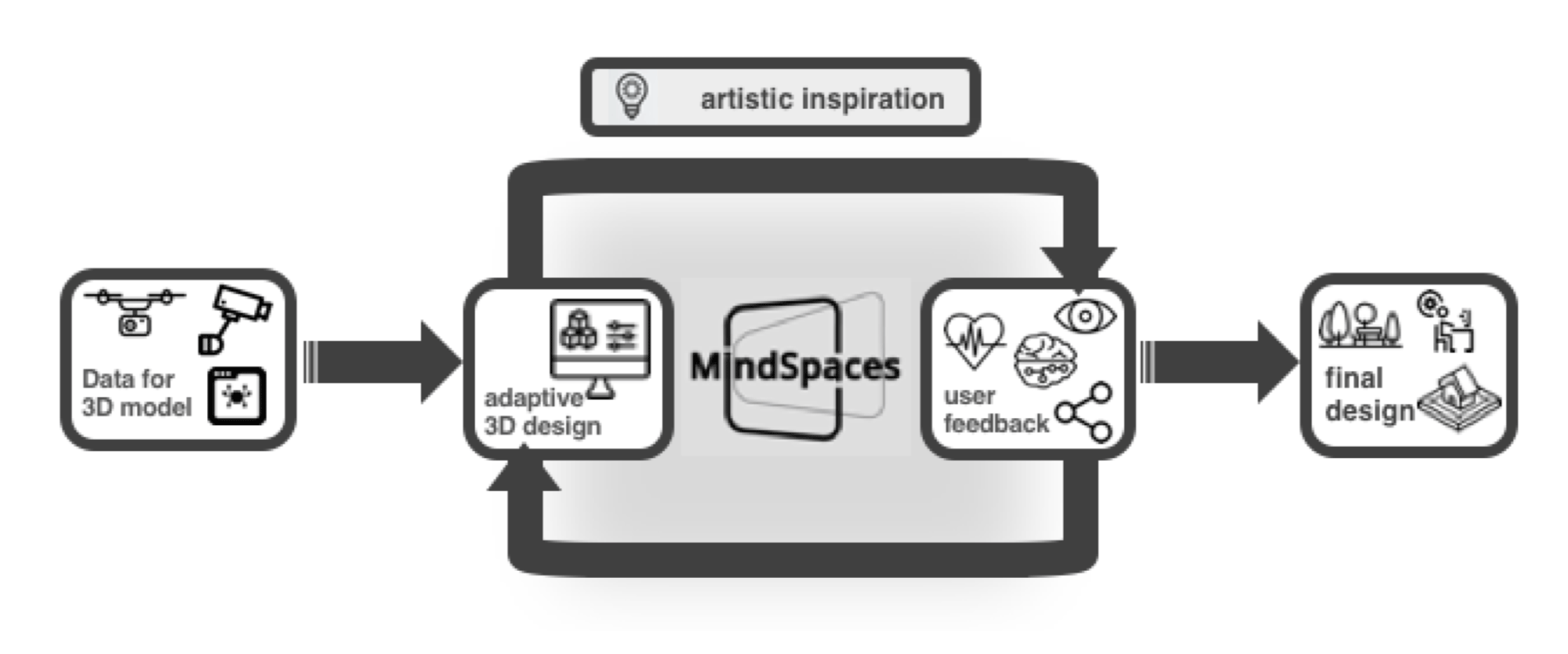
The key to the realisation of this project is the active collaboration between artists and scientists/technology experts. MindSpaces relies on Open Calls to both experienced and emerging artists so that it is possible to deal with the widest range of experts and leverage multiple sources of inspiration and interdisciplinary collaboration.
MindSpaces has been going to be implemented with a view towards these three Pilot Use Cases:
- PUC1, Outdoors urban environment: the objective is to improve the urban design in rapidly expanding cities and increase awareness of the cultural significance and local issues. Implementing MindSpaces’s suggestions will contribute to citizens’ well-being, quality of life, tourism potential and overall economic activity. L’Hospitalet de Llobregat (Barcelona) is the first example of how the project can support locals: with the city council's cooperation, MindSpaces daily manages the reception of new citizens and ensures their integration in the community.
- PUC2, Inspiring Workplaces: the objective is to design aesthetically and functionally innovative spaces that will encourage social interactions and productivity.
- PUC3, Emotionally-sensitive functional interior design: the objective is to create indoor spaces that can match the users’ increasingly significant well-being.
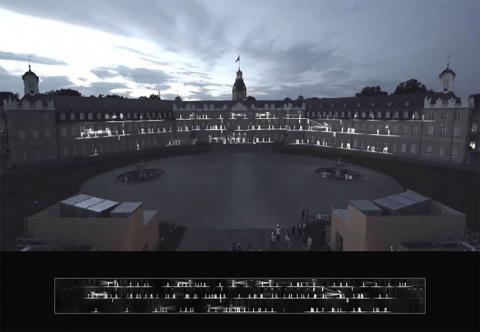
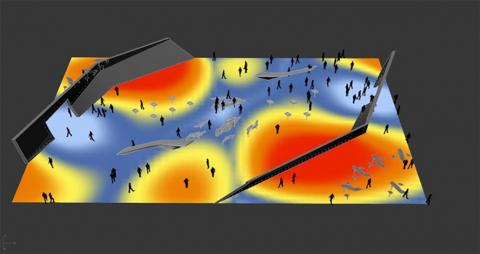
Mission
MindSpaces, part of the Horizon 2020 Programme, focuses on the health and comfort of citizens by supporting the design of ambiences that can stir positive emotions. This goal sustains the New European Bauhaus’s guidelines of Inclusivity and Beauty. The project’s positive impacts are also expected to contribute to the development of a novel approach to urban and architectural design and the generation of new methods to analyse psychological sensors’ measurements.
Technical factsheet
- Date: January 2009-June 2022
- Funded Co-funded
- NEB Value 4,182,62.95
- Location Spain, Greece, European
- Application category Urban Design
- Related Technical Working Group Design and architecture
- Link(s) to press
